Editorial Note
Thank you to our generous sponsors, Sociologists for Women in Society, Center for Equity Education, American Sociological Association’s Section on Sociological Practice & Public Sociology, Hartman Castle Preservation Corporation, Island Acres Resort Motel, Alpha Kappa Delta, Pacific Sociological Association, and the Association for Applied & Clinical Sociology for helping us make Applied Worldwide’s 2024 “Why is Sociology Important?” student essay competition a success!
This essay on the importance of sociology has been published on behalf of Applied Worldwide’s 2024 Global Student Essay Competition. For the 2024 competition, we awarded 16 student essayists across six countries and will be sharing each winning essay in our “Why is Sociology Important?” essay collection.
This sociology essay was written by Nusaiba Muhammad Hassan, a 3rd year political science and economy student at Ahmadu Bello University, Zaria, Nigeria and earned a 2nd place prize in the competition.
Bridging Societal Divides: The Reverence of Sociology and its Enigmatic Journey, Nusaiba Muhammad Hassan
In 2018 when I registered for Jamb to be admitted into Ahmadu Bello University, Zaria, Nigeria, I applied Sociology because I love the discipline and everything about it. I love reading Karl Marx and Vilfredo Pareto. I applied for the discipline in my Joint Admission and Matriculation Board Examination ( JAMB)—I rushed home to inform my mother that I have applied for Ahmadu Bello University, Zaria. My mother asked about the discipline I applied for, and I said,“Sociology.” My mother stood up angrily and insisted that I should go and change that radical discipline I applied for while making emphasis to our family’s religious background.
My mother felt that sociology will definitely make me go astray from my religion. Despite trying harder to convince her on the relevance of the discipline and many religious people who have studied the discipline, she seems not to listen. My elder sister who is a Medical Doctor and a graduate of Ahmadu Bello University, Zaria fueled it more by supporting and sharing stories she heard about a student of sociology who left his religion for atheism; sociology teaches nothing but atheism and majority of the lecturers of this discipline are atheists, secularists or practice agnosticism and the discipline lacks job opportunities, coherency and teaches revolution and criticism.
My mother prepared Law or Economics because these courses have better job prospects after graduation. I headed straight to my father’s workplace and upon informing him of the discipline I applied for and the action of my mother and elder sister, he insisted that I should go for Law or Economics. He made emphasis on my family’s religious background, job prospects and the influence sociology will have on me despite letting him know of my undying love for the discipline. Zamfara State where I came from is known for religiosity and the practice of Islamic Shari’ah, and I couldn’t convince my parents anymore,so I opted to go for political science. After the examination, I was offered admission to study Political Science in Ahmadu Bello University, Zaria and my hatred for sociology began.
In Ahmadu Bello University, Zaria system, students of political Science are expected to take elective courses from Sociology Department, Mass Communication or Economics. Out of my hatred for sociology, I preferably took courses from Mass Communication but in my 200 level days in 2019, I made friends with an intelligent guy from the Sociology Department who was some years older than I in school and he takes me along to all the tutorial classes he does for students. By constantly accompanying him there, I started finding sociology interesting and I decided to take elective courses in Political Sociology and Social Psychology. I was amazed by the lectures I received from Sociology Department, ABU, Zaria and from there on, I decided to make findings on the criticisms leveled against Sociology, job prospects, Theories and finally work on the comparison and relevance of Political Science to Sociology.
Criticisms Leveled Against Sociology
As a student of political science and research, I took out my personal research and realized that there’s no other discipline that has been subjected to avalanche criticisms, critical self-examination, and sometimes leading to insults, ridicules as much as sociology has been since its inception. These ridicules and insults are indeed unrelenting, harsh and daunting, as many students who would want to pursue a program in sociology would feel bad or be discouraged.
While reading about the State of Florida a few days in regards to sociology I felt unhappy. In December, Florida’s education commissioner, Manny Diaz Jr., wrote on social media that, “Sociology has been hijacked by left-wing activists and no longer serves its intended purpose as a general knowledge course for students.” The commissioner further added that under Governor DeSantis, “Florida’s higher education system will focus on preparing students for high-demand, high-wage jobs, not woke ideology.” This quickly flashes back to the research I have carried out and got to know that in 2002, Chief Olusegun Obasanjo, former president of the Federal Republic of Nigeria said that, “neither Sociology nor Mass Communication should be taught in the country’s universities.” This clearly demonstrates that the criticisms labeled against sociology is not only a Florida thing but a general thing, and to imagine the implications of this coming from someone who headed the state, a visitor to the country’s Federal Universities who has established a university of his own is really appalling.
In 1997, Mkandawire posited that “ in Africa, no single social force has affected the social sciences (especially Sociology) as huge as the state.” Many people (especially the state) equate sociology with socialism, revolution, radicalism and the criticisms leveled against the discipline are based on the fact that sociology is a critical and thought-provoking discipline which they felt can spark revolution at any time. However, on the other hand, as a new discipline in the social sciences, there are many who are not informed about the discipline and some, see it as antagonistic to religion and cultural beliefs (especially in Africa) and Nigeria to be precise.
There are many others who think the discipline of sociology lacks scientific methodologies, basisand mathematical representation like it’s in natural science. Some of these criticisms rely on the basis that sociology is pretentiously claiming to be a science, parasitic and imperialistic discipline that preaches imperialism and expansionism. That sociology lacks relevance either
because of its origin from France; in a different socio-cultural context with distant empirical realities and can not give or explain African realities. Further criticisms were on the lack of relevance, inability to point to any invention or discovery or a law or principle that can be used to explain, understand human/social behavior in Africa and the world.
The fact remains that the pioneers of sociology themselves have been trained in various fields in the sciences ranging from Auguste Comte who was a physicist and seeks that Sociology should be positive and scientific as the natural sciences, Pareto who studied mathematics and physics. Lester Frank Ward’s whose former discipline was paleobotany, Ferdinand Tonnies, George
Herbert Mead who studied mathematics, Philosophy and Botany, while Karl Marx and Weber Studied Philosophy and Jurisprudence.
Many of the scholars of sociology adopted scientific methods to their study, especially in embracing positivism and meeting the requirements of systematic observation of things, as they appear to the senses ( i.e empiricism), testability of hypothesis, experimental methods, and supremacy of deductive-nomological explanations. There are some of the dimensions of the natural sciences model adopted by sociology and the basis, among others, for evaluating its status as a science.
However, the lack of mathematically formulated laws does not make sociology a non-science as Fletcher in 1970 said “ to be scientific is not the same as to be ‘exact ‘ i.e to achieve mathematical calculability.” As Hoover and Donovan in 2004 put, “science is neither technology nor a specific body of knowledge but “ a mode of inquiry ” which has to do with the way questions are formulated and answered. It’s a set of rules and forms for inquiry. Scholars like Emile Durkheim and his study on Suicide, solidarity and more have provided a beautiful and scientific way of understanding human society and suicide while Weber and his study of Vestehen, bureaucracy and more have provided for us methods of understanding society and humans.
Symbolic Relationship Between Political Science and Sociology
Political science and sociology are linked fields of study. Sociology majors are often required to take a few classes from the Political Science department, and vice versa, in many colleges. Any political scientist would benefit from knowing sociology in order to have access to additional research and theoretical tools (such as paradigms and methods) for problem-solving, as well as a deeper comprehension of the complexity of each topic in light of its situational context. Sociology can be summed up as the study of social structures and organizational mechanisms. Politics cannot be studied effectively, if at all, without an awareness of the institutions and organizational procedures of society.
Political science studies institutions and organizations, such as the military, the Supreme Court, multinational energy firms, the banking lobby, diplomatic relations between two countries, etc. In addition, political sociology is a subfield of sociology that, outside of political theory, is rather hard to distinguish from political science. It is accurate to say that a political scientist and a
political sociologist are discussing nearly the same field of study; the main distinction is that the latter is more concerned with power dynamics and relationships between groups, while the former is more focused on organizational structure, procedures, and institutional norms.
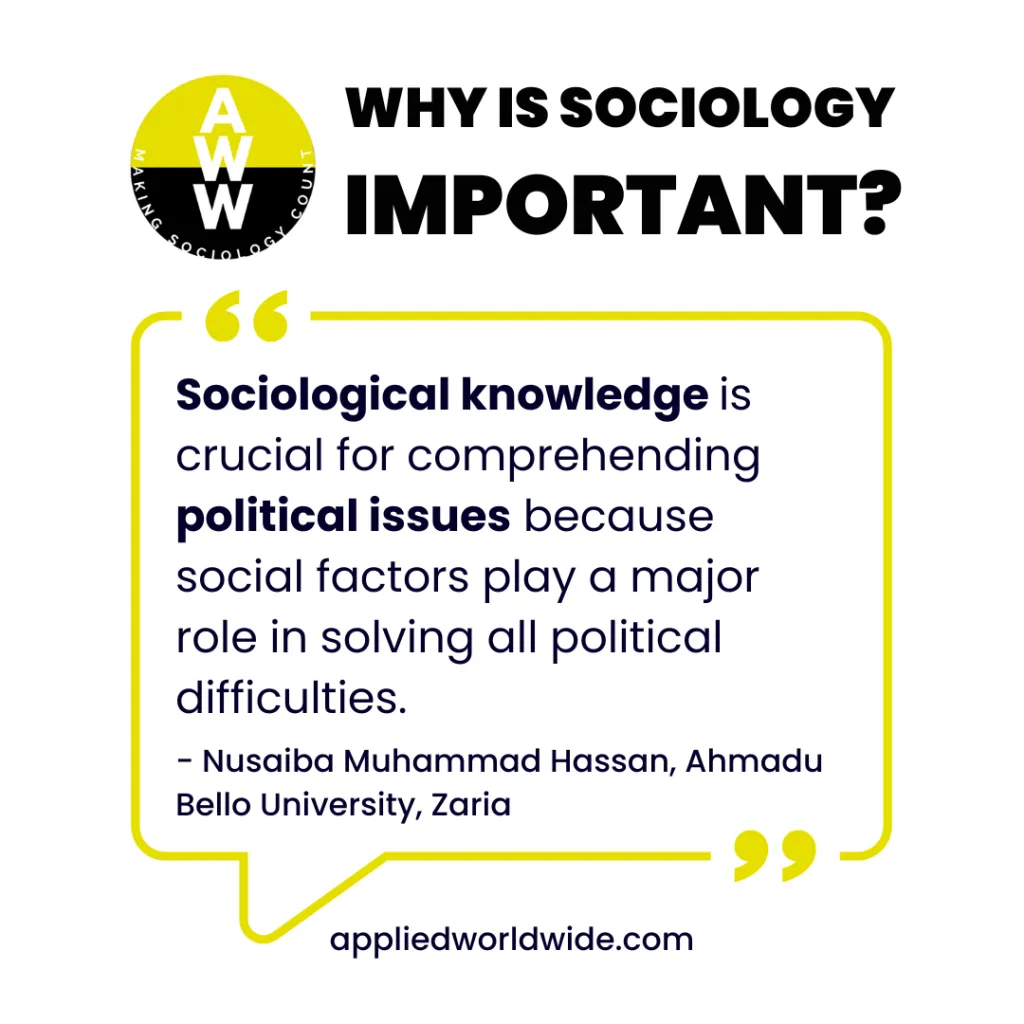
Sociology has made possible the majority of the developments in political theory that have occurred in recent years. Sociological knowledge is crucial for comprehending political issues because social factors play a major role in solving all political difficulties. “To teach the theory of the state to men who have not learned the first principle of sociology is like teaching astronomy or thermodynamics to men who have not learned Newton’s laws of motion,” F.H. Gidding states in reference to this.
Without Sociology, you are on your own
Professor A.S. Maliki of Ahmadu Bello University in Zaria’s sociology department often says, “Without sociology, you’re on your own.” Sociology is a significant subject of study that aids in our understanding of society, human behavior, and social dynamics by offering insights into the social realm. Sociology is usually the field in which we study the structure, dynamics, and evolution of human civilizations. Providing a scientific method to analyze social interactions, social institutions, and social structures, allowing us to examine and explain social phenomena such as inequality, social stratification, poverty, crime, and social movements. One may envision explaining stratification, poverty, and crime using physics or chemistry which is very difficult.
Patterns of social inequality, such as those pertaining to socioeconomic class, race, gender, sexual orientation, and other social stratification, are clarified by sociology. It aids in our comprehension of the causes, effects, and transformations of these disparities on both individuals and social groupings. Policies and actions meant to lessen social inequality and advance social justice can also benefit from the insights of sociology. Beyond only assisting us in appreciating and comprehending the diversity of human civilizations, cultures, and customs, sociology is beautiful, shedding light on the ways in which cultural norms, values, and practices impact social interactions and how they affect people as individuals and as societies. Without a doubt, sociology also studies how societies adjust to and transform as a result of migration, globalization, and cultural interchange.
Practical and applied skills is one thing that can’t be taken away from the discipline of sociology. Sociology has practical applications in informing policy decisions and social interventions. Sociological research can provide evidence-based insights into social problems and challenges, and guide the development and evaluation of social policies and programs leading to informed
practices in various fields, such as education, healthcare, criminal justice, community development, and organizational management. Sociology promotes critical thinking skills by encouraging students to question assumptions, challenge conventional wisdom, and examine social phenomena objectively. It encourages the development of research skills, including data collection, analysis, and interpretation, as well as the use of empirical evidence to support arguments and conclusions. These skills are valuable in a wide range of careers and can contribute to lifelong learning and personal growth.
In conclusion, sociology is way beyond all the criticisms leveled against it; it’s very important for the entire human societies. Political science and sociology are also mutually dependent; each is dependent on the other and related to both. It is true to say that society reflects the nation’s politics. Political science and sociology are two sides of the same coin, according to G.E.G. Catlin. It must be acknowledged, according to F.G. Wilson, that it is frequently challenging to decide whether a certain writer belongs in the category of sociologists, political theorists, or philosophers.
Meet our 2024 Global Student Essay Competition Sponsors!
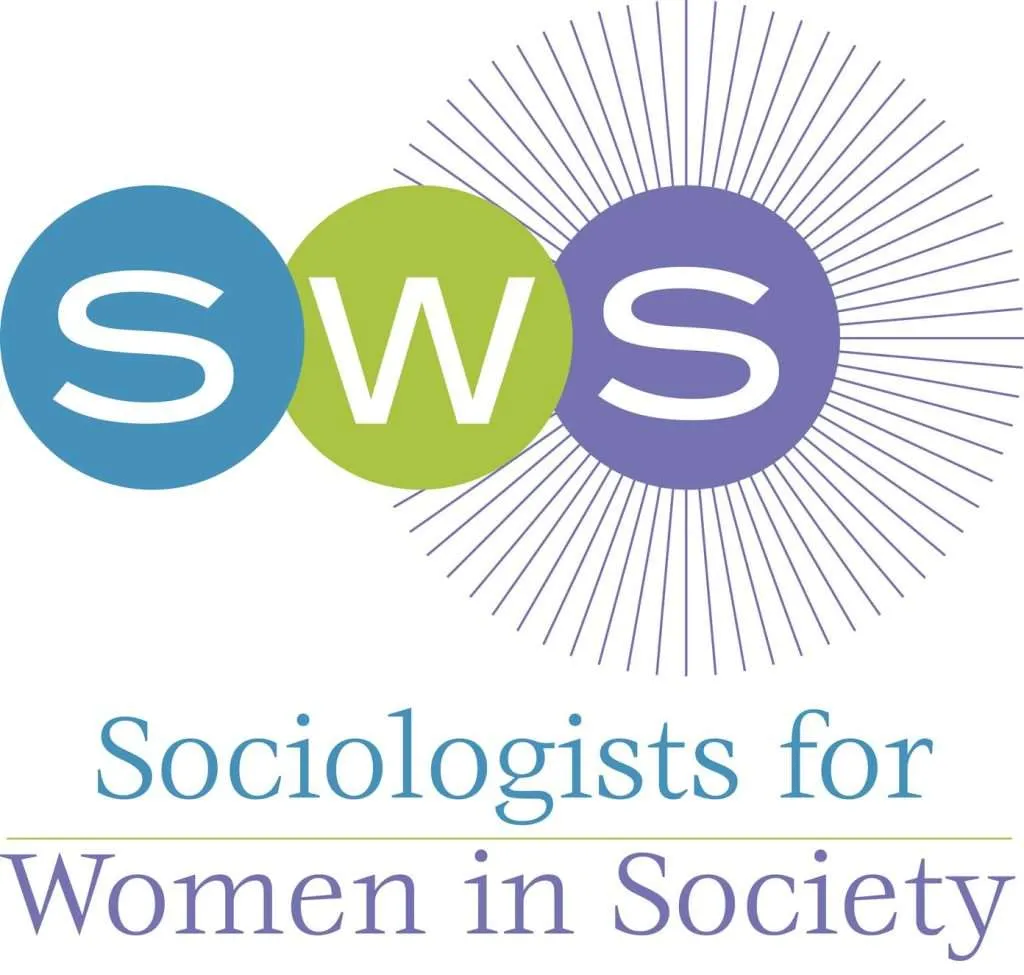
Sociologists for Women in Society is a nonprofit professional feminist organization dedicated to:
- Transforming the academy and professional organizations, including our own, by actively supporting feminist leadership and advancing career development of feminist scholars.
- Recognizing that structural inequalities impact those marginalized by their identities and that this requires proactively promoting the creation of inclusive institutional spaces in an ongoing manner and by practicing critical reflexivity.
- Advocating and encouraging the development of sociological feminist theory rooted in intersectionality and cutting-edge research for publication and dissemination.
- Promoting social justice research within local, national, and international activist spaces by supporting scholar-activist communities seeking to dismantle intersecting systems of oppression.

The Center for Equity Education (CFEE), established in 2020 as a 501(c)(3) nonprofit, addresses a gap in expert-led education for organizations, especially those with limited resources. At CFEE, our mission revolves around empowering organizations with comprehensive knowledge on federal and state civil rights, specializing in harassment and discrimination, including sexual harassment.
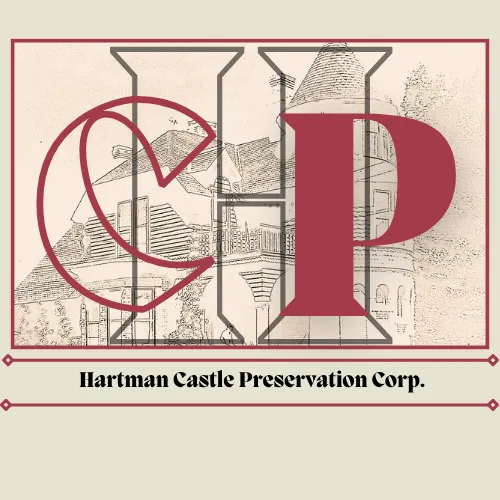
Hartman Castle Preservation Corporation, a 501c3 non-profit, is a A community grassroots movement formed to purchase and preserve the Hartman Castle in Gunnison, CO
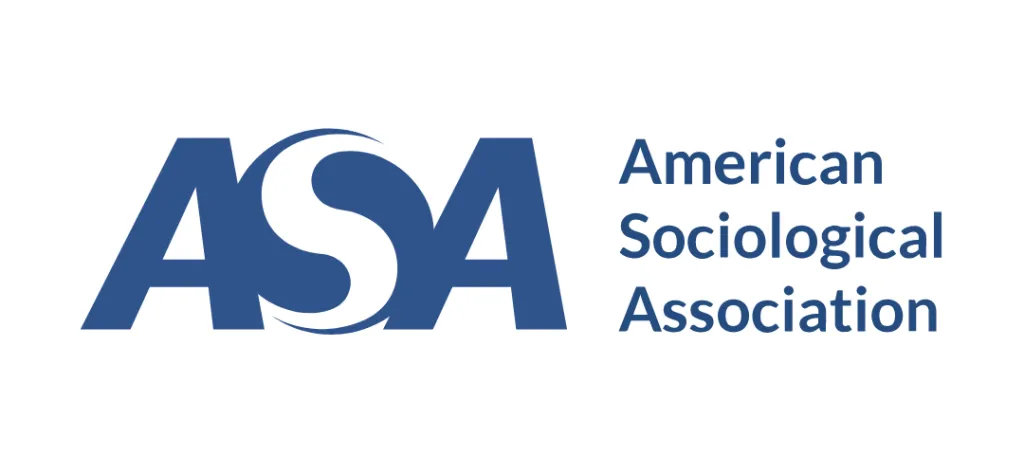
The purpose of the American Sociological Association’s Section on Sociological Practice and Public Sociology is to advance sociologically-informed research and practice, to further public discussion of sociological issues, and to promote the use of sociology to inform public policy.

Island Acres Resort Motel is a restored authentic 1950s lodging property in the style of the tourist court motel. Embracing the appeal of a bygone era, where history blends with hospitality.
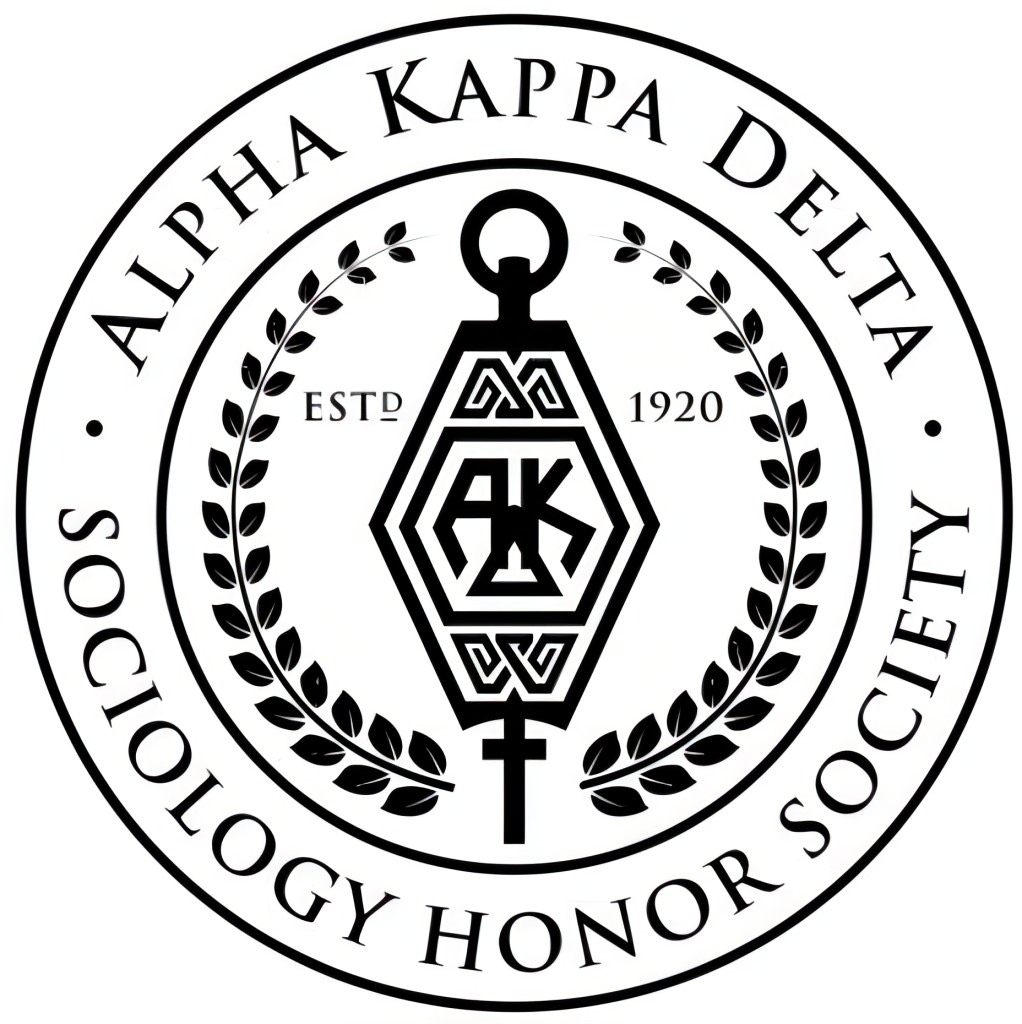
Alpha Kappa Delta, the International Sociology Honor Society, seeks to acknowledge and promote excellence in the scholarship in the study of social problems, sociology, and intellectual activities that lead to the improvement in the human condition.
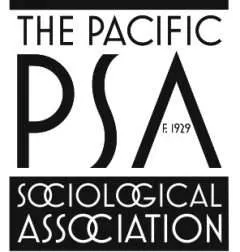
The Pacific Sociological Association is committed to serving sociologists, faculty, applied professionals, and students. We strive to create a professional community that reflects the diversity of our region and enhances the diversity of our discipline. We are committed to inclusivity and equity in our organization, to promoting social justice by examining and challenging the structural and institutional barriers in our discipline, and to building pathways for the next generation of sociologists.

The Association for Applied and Clinical Sociology (AACS) promotes applying social scientific knowledge and methods to develop constructive solutions. We provide educational, programmatic, mentoring, networking, and policy resources in a supportive professional community.







